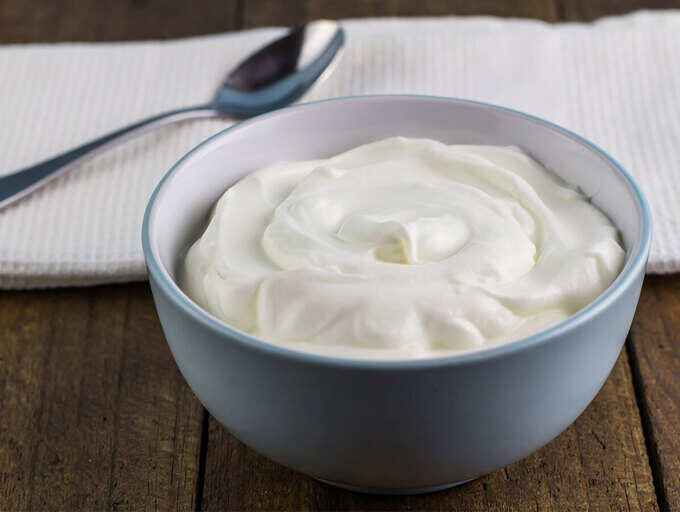Greek Yoghurt
All you need to know about Greek yoghurt

Greek yoghurt, also known as concentrated or strained yoghurt, is made by eliminating the whey and other liquids from regular yoghurt. Because of its straining process which reduces its total volume, it takes more milk than regular yoghurt to make a batch of the same size. The yoghurt is strained in cloth bags up to three times until it reaches the desired texture, when done traditionally. In modern production, centrifuges are used to achieve the same result. Some companies use thickening agents or other significant dry ingredients, of which the final product is the Greek-style yoghurt. Because of the liquid extraction, Greek yoghurt is much thicker and tangier than regular yoghurt, and thus, more expensive since it requires more milk. Greek yoghurt contains about half the crabs and sugar and a good source of calcium, phosphorus, zinc, pantothenic acid, vitamin A, and potassium. Additionally, Greek yoghurt contains smaller amounts of nutrients like magnesium, choline, and copper. It is an excellent source of a number of nutrients and offers a few health benefits. However, it's important to choose the right type of Greek yoghurt, as many can be packed with additives like sugar. Greek yoghurt comes in many varieties, including full fat, reduced fat, and fat-free, as well as flavored and unflavored. Keep in mind that its nutritional content will vary depending on the type of Greek yoghurt. For instance, full fat Greek yoghurt will have more fats and calories than lower fat options, while sweetened and flavored options will be higher in carbs and added sugar.
Learn more on Wikipedia